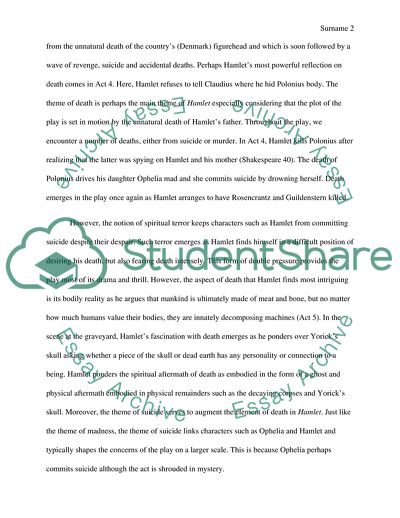Cite this document
(The Play Hamlet Essay Example | Topics and Well Written Essays - 1250 words, n.d.)
The Play Hamlet Essay Example | Topics and Well Written Essays - 1250 words. https://studentshare.org/english/1778611-essay-about-the-play-hamlet
The Play Hamlet Essay Example | Topics and Well Written Essays - 1250 words. https://studentshare.org/english/1778611-essay-about-the-play-hamlet
(The Play Hamlet Essay Example | Topics and Well Written Essays - 1250 Words)
The Play Hamlet Essay Example | Topics and Well Written Essays - 1250 Words. https://studentshare.org/english/1778611-essay-about-the-play-hamlet.
The Play Hamlet Essay Example | Topics and Well Written Essays - 1250 Words. https://studentshare.org/english/1778611-essay-about-the-play-hamlet.
“The Play Hamlet Essay Example | Topics and Well Written Essays - 1250 Words”. https://studentshare.org/english/1778611-essay-about-the-play-hamlet.


